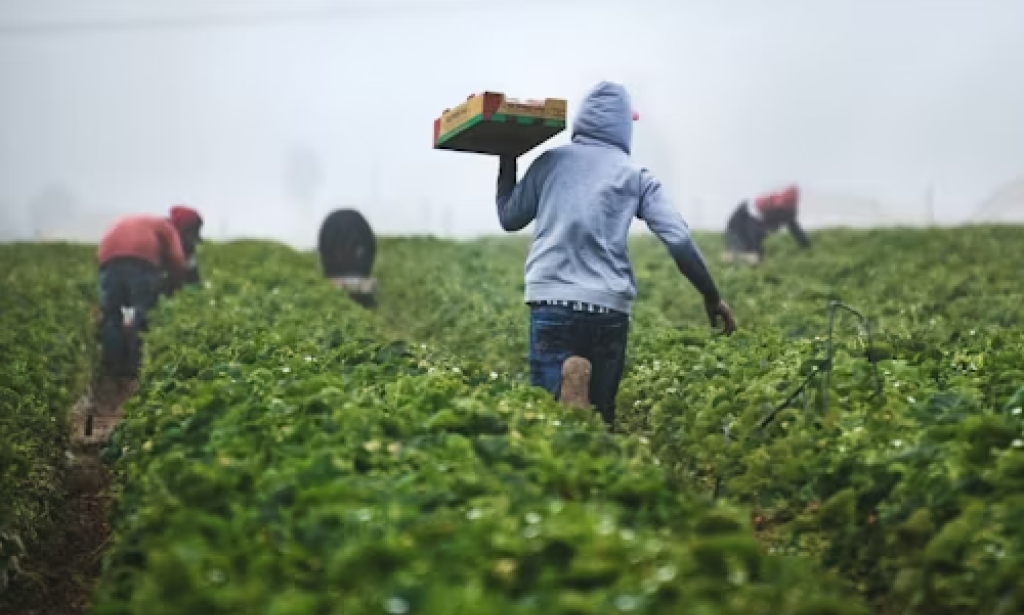In an era of rapid technological advancement and shifting global landscapes, the role of the farmer has evolved beyond traditional expectations. Today's farmer is not just a cultivator of crops or a raiser of livestock; they are innovators, entrepreneurs, and stewards of the land. As they face numerous challenges, from climate change to market fluctuations, farmers are also embracing new technologies and sustainable practices to ensure the future of agriculture.
Climate Resilience and Adaptation
One of the most pressing challenges confronting farmers worldwide is climate change. Erratic weather patterns, extreme temperatures, and unpredictable precipitation pose significant risks to crop yields and livestock health. In response, farmers are adopting climate-resilient practices such as precision agriculture, which utilizes data-driven insights to optimize resource use and minimize environmental impact. Additionally, the integration of agroforestry and cover cropping helps enhance soil health, retain moisture, and mitigate erosion, thereby building resilience against climatic uncertainties.
Technological Advancements
The advent of digital technologies has revolutionized farming practices, empowering farmers with tools to improve efficiency, productivity, and sustainability. From GPS-guided tractors and drones for crop monitoring to advanced sensors and IoT devices for real-time data collection, farmers are harnessing the power of precision agriculture to make informed decisions and optimize resource allocation. Furthermore, the application of artificial intelligence and machine learning algorithms enables predictive analytics, allowing farmers to anticipate potential challenges and implement proactive strategies.
Sustainable Agriculture
As concerns about environmental degradation and food security escalate, there is a growing emphasis on sustainable agriculture practices. Farmers are increasingly adopting agroecological principles that prioritize biodiversity, soil health, and ecosystem resilience. Conservation tillage, organic farming, and integrated pest management reduce reliance on synthetic inputs while promoting natural processes and ecological balance. Moreover, initiatives such as community-supported agriculture (CSA) and farm-to-table partnerships foster direct connections between farmers and consumers, promoting transparency and local food resilience.
Challenges and Opportunities
Despite the remarkable progress in agricultural innovation, farmers continue to face numerous challenges, including access to land, fluctuating market prices, and policy uncertainties. Additionally, the aging farmer population and labor shortages pose significant concerns for the future of agriculture. However, these challenges also present opportunities for collaboration, research, and investment in sustainable solutions. By fostering knowledge exchange, empowering rural communities, and incentivizing sustainable practices, stakeholders can work together to build a resilient and equitable food system.
Conclusion
The modern farmer embodies resilience, innovation, and stewardship in the face of evolving challenges and opportunities. As they navigate the complexities of a changing climate, advancing technology, and shifting consumer demands, farmers play a crucial role in shaping the future of agriculture. By embracing sustainable practices, leveraging digital tools, and fostering collaboration, farmers can cultivate thriving landscapes, resilient communities, and a more sustainable food future for generations to come.
Let me know if you need any adjustments or additional information!


You must be logged in to post a comment.